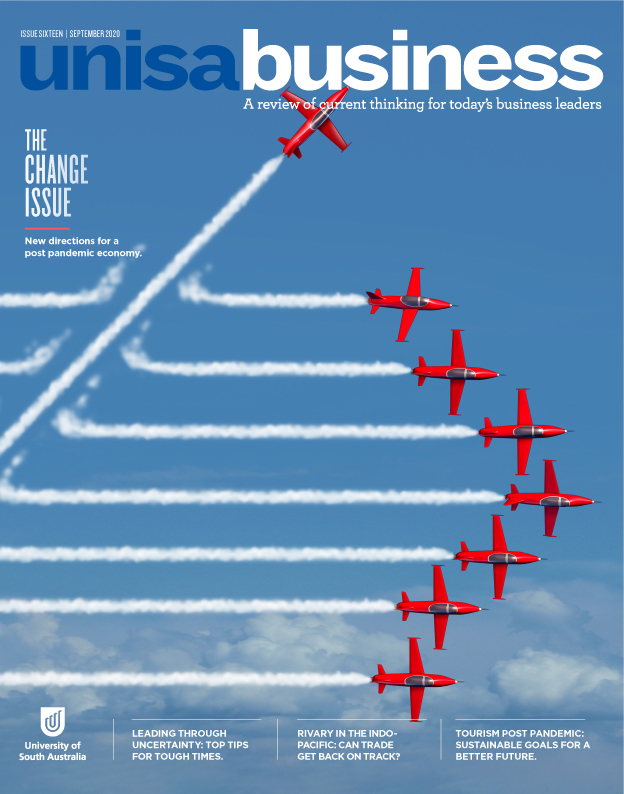01 September 2020
Author: The Hon Christopher Pyne
The United States and China are the two most powerful nations on earth today. They are the only two great powers. Yet, both have been rocked by the impact of the COVID-19 pandemic that, in the absence of better evidence, is assumed to have emanated from the wet markets of Wuhan.
The pandemic has shaken the world’s confidence in the capability of the United States to deal with a crisis. It has reminded the world that China has a long road to travel to prove that it is a reliable and responsible international partner.
The impact of the pandemic in the US has been far worse than it needed to be. The US government response was diffuse, uncoordinated and in some places, chaotic. Whether President Donald Trump will recover sufficient kudos to be re-elected in November remains to be seen, but the reputation of the US around the world as a beacon of common sense and stability has been damaged.
China reacted ferociously to the outbreak of the coronavirus and seemingly contained its spread. But nothing can erase the perception that China gave the world the latest pandemic which, in early September (according to statistics published by the Coronavirus Resource Center at John Hopkins University), has resulted in 27,002,323 infections and 882,053 deaths across 188 countries.
China’s reaction to criticism has been withering and sobering. It has reminded the world that China is still a one-party state. Any nation, business or individual that engages with the Chinese Government and Chinese businesses has been put on notice that they need to be wary.
The COVID-19 pandemic has set back China’s goal to integrate with the rest of the world on their terms. But the pandemic hasn’t reassured the world that the US is a reliable partner either.
Neither great power has emerged from the pandemic in better shape than they went into it – quite the opposite.
What can the countries of the Indo-Pacific do as nations with their own significant capabilities, populations, economies, alliances and influences feel the effect of the great power rivalry that is going on despite the pandemic?
Most importantly, the nations of the Indo-Pacific must hold fast to the international rules-based order.
China has been the greatest economic beneficiary of the international rules-based order, particularly since the era of ‘opening’ in the 1970s and 80s under Chairman Deng Xioaping.
One of the priorities of nations across the Indo-Pacific post COVID-19 must be to convince China of this truism.
At the ASEAN Defence Ministers Plus meeting in Singapore in January last year, China’s Defence Minister, Wei Fenghe was at pains to reassure participants that China wanted to work co-operatively with the countries of the Indo-Pacific to maintain peace and achieve better economic, education and health outcomes for all its peoples. He even reminded us that these ambitions were not just theoretical but outlined in the constitution of the Chinese Communist Party.
Rather than rejecting China’s stated intentions, our respective nations need to convince China that those worthy ambitions are achieved in an environment of shared goals and respect.
It is in no one’s interests to adopt a policy of containment of China. I’m not aware of any Indo-Pacific nation that wants or seeks to do so. Rather, it is in everyone’s interests to promote a policy of engagement with China that ‘lifts all the boats’ across our region. Freer trade, open and transparent markets, reliable financial institutions and apparatus, more liberal movement of money and people – these features all bring about a more integrated and therefore a likely more peaceful region than the alternative.
In the wake of the pandemic, it will be even more important in the future for countries like Australia to engage with international fora like the World Health Organization. Retreating from international engagement would be precisely the wrong policy.
Australia takes its responsibilities as an important player in the Indo-Pacific very seriously. We are a significant economy, a long standing and stable supporter of the international rules-based order, a friend of ‘like-minded’ countries in the region, one of the United States’ closest allies and a military power.
The pandemic makes the role of nations like ours in the Indo-Pacific even more critical in achieving a peaceful region.



